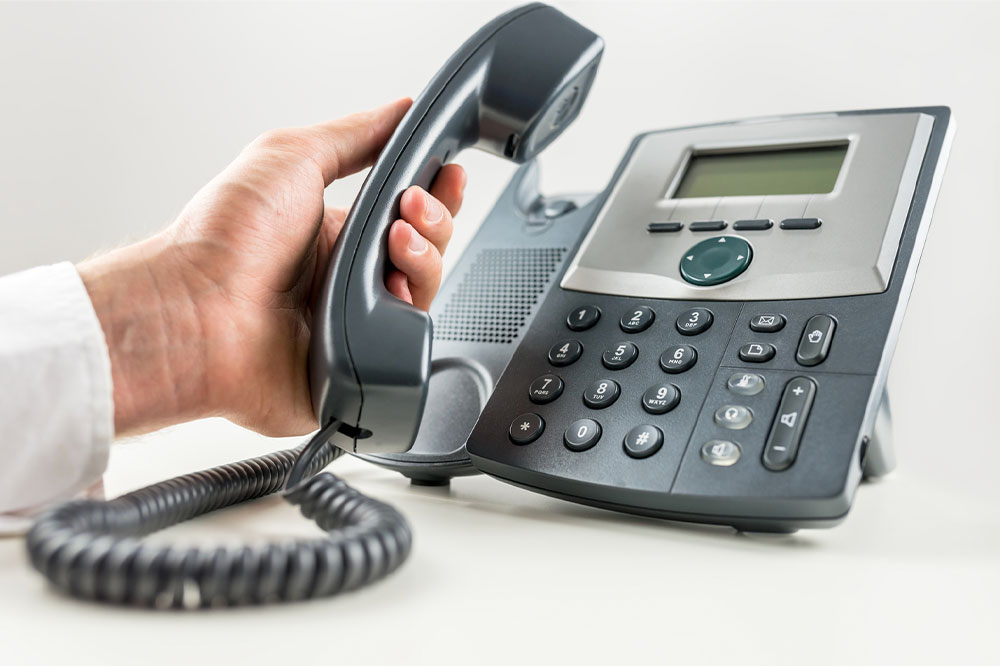Comprehensive Guide to Traditional Landline Telephone Services
This detailed overview explores the benefits and considerations of landline phones and VoIP technology. It covers factors to consider when choosing a landline service, advantages like reliability and security, disadvantages such as cost and mobility restrictions, and insights into VoIP for affordable calling. Ideal for users seeking dependable communication options, the article offers practical advice for integrating landlines and internet-based calling into their home or business setups.

Comprehensive Guide to Traditional Landline Telephone Services
Despite the rise of mobile devices, many individuals still rely on or incorporate landline phones as part of their communication setup. Various telecommunications providers, including traditional telephone companies and internet providers, offer home landline plans tailored to different needs. These plans range from monthly to annual subscriptions, allowing you to choose options that best fit your requirements. If a plan doesn’t meet your expectations, switching providers or plans is straightforward after discussing options with your service provider.
Key Factors to Consider When Selecting a Landline Service
Monitor the increasing popularity and availability of VoIP systems.
Assess the shift towards remote management and away from traditional landlines.
Understand how technological advancements influence the pricing of landline services.
Advantages of Using a Landline Phone
Having a landline offers numerous benefits:
Provides emergency security with reliable 911 communication.
Ensures superior call clarity and sound quality.
Operates during power outages without issues.
No need for battery charging, unlike mobile devices.
Supports unlimited local and international calls.
Offers consistent call quality without dropouts.
Landlines are secure from hacking threats.
Typically more cost-effective than mobile plans.
Access to a directory of important contacts.
Multiple devices in your home or office can share a single line and number.
Functionality remains unaffected if your cell phone runs out of battery or is lost.
Ideal for seniors and less tech-savvy users.
Some countries find landlines to be more affordable and reliable than smartphones.
Serves as a backup when mobile phones are unavailable or damaged.
Drawbacks of Landline Services
Long-distance calls often incur additional charges, especially for international calls.
If you already have a mobile phone with similar functionalities, maintaining a landline might be unnecessary and costly.
Limited mobility; cordless phones have range restrictions, and traditional landlines require fixed locations.
Understanding VoIP Technology
Many landline services now utilize VoIP for affordable long-distance calls.
VoIP (Voice over Internet Protocol) converts analog signals into digital data using internet protocols.
This technology enables making calls via internet connection using a modem.
Ideal for frequent long-distance callers, offering very low monthly costs (around $5-$15).
Requires an internet connection and compatible device to operate.
Call quality depends on internet speed and stability.
Note:
Our blog offers diverse information for readers across various categories, based on thorough research. Please view our content as a helpful resource, not a definitive guide. We are not responsible for data discrepancies or updates in other sources. Certain promotions or schemes may not be covered, so explore options that best suit your needs.










